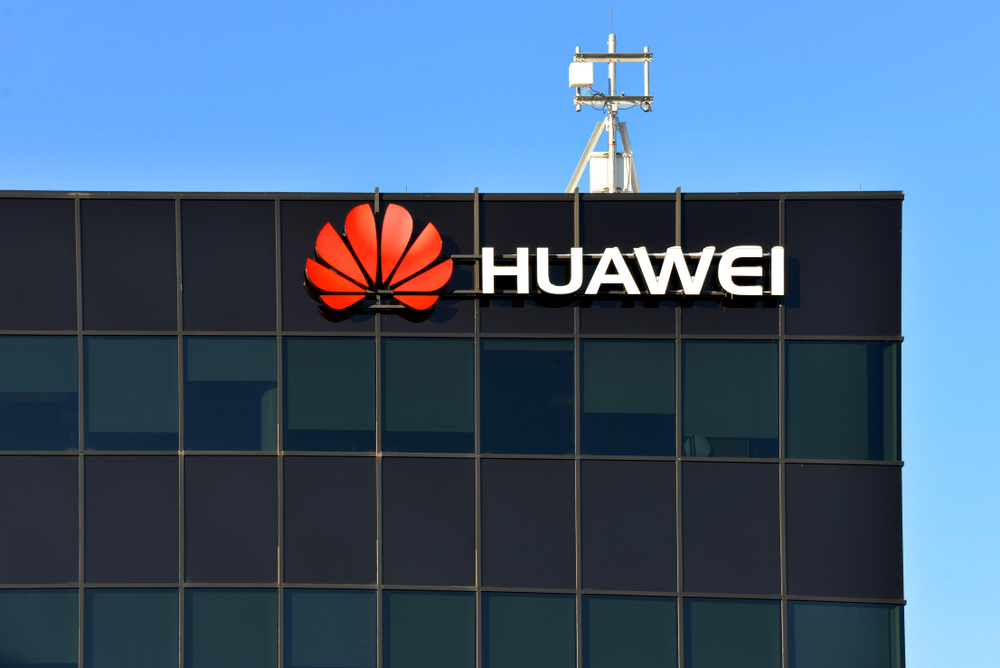Huawei is reportedly planning to open three new research centers in Russia and employ 500 people by the end of this year, as reported by theSina Tech news portal.
The Shenzhen-based telecom giant will open its new centers in Russia in addition to existing ones. The first centers were opened in Moscow and St. Petersburg in 2017, focusing on research of mathematical models for communication technologies. The company did not disclose the locations of the new centers yet. It also hasn’t yet specified what areas of research cooperation the new centers will focus on.
According to the report, Huawei plans to triple the number of employees from the targeted 500 people this year to 1,500 by the end of 2024, which would make Russia one of the largest overseas R&D bases for Huawei.
Huawei often faces a shortage of qualified personnel and Russia is believed to be a reserve of specialists in the fields of telecommunications equipment and consumer electronics, according to the Russian media outledPDA, citing Arutyun Avetisyan, the director of the Institute for System Programming of the Russian Academy of Sciences.
Huawei has shown an increased interest in cooperation with Russia after it was blacklisted by the US Commerce Department in May.
In June this year, the company spent USD 50 million (roughly RMB 350 million) on purchasing facial recognition technology developed by a Moscow-based startup Vocord. In the same month, it signed an agreement with Russia’s largest mobile network provider MTS to help develop 5G technology.
Later, responding to Google’s suspension of some of its functions on Huawei’s devices, the company announced it was seeking to potentially replace Google’s Android with Russian OS Aurora. Huawei has since also launched its own Harmony OS to be used on the company’s smart devices, such as TVs, wearables, and speakers.
Huawei’s founder Ren Zhengfei has often praised the talents of Russian scientists and mathematicians. In an interview with Chinese media, Ren talked about talented Russian graduates and Huawei’s need to attract those talents. On numerous occasions, Ren has brought up a Russian mathematician who once helped the company achieve a 3G technology breakthrough.
